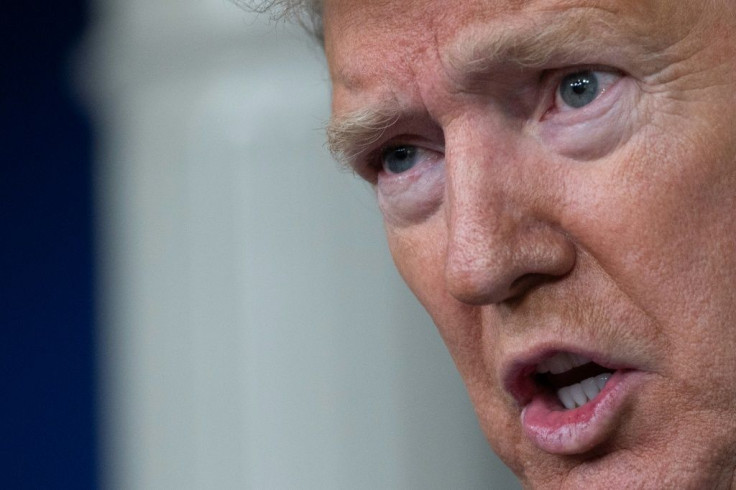Trump Says He Can Overrule Governor’s Decisions And Reopen States. Can He?

KEY POINTS
- Trump claims he can overrule governors and open states on his own
- Supreme Court rulings like Printz v. United States prove he does not have this ability
- This would be a test of what powers the 10th Amendment delegates to the states
In response to the growing debate about when to reopen the country during the COVID-19 pandemic, President Donald Trump tweeted that he has the legal authority to overrule governors and reopen states if need be.
He is not the first president to claim power over states in an emergency. And he is not likely to fare any better.
The Supreme Court has routinely come down on the side of states when it comes to this subject.
The 10th Amendment awards all powers to states not expressly delegated to the federal government, and this includes the effort to protect public health.
In Printz v. United States, the Supreme Court explained that the Founding Fathers “rejected the concept of a central government that would act ... through the States, and instead designed a system in which the State and Federal Governments would exercise concurrent authority over the people.”
During the Korean War, President Harry Truman asserted Article II powers and attempted to nationalize the steel industry in response to widespread strikes he claimed were disrupting the flow of arms and ammunition. In a 6-3 decision in Youngstown Sheet & Tube Co. v. Sawyer, the Supreme Court ruled that the president did not have the constitutional authority to issue such an order, and this case has been cited as precedent in many disputes between the states and federal government.
The United States is organized by a principle of federalism, where the states retain a “residuary and inviolable sovereignty” over those powers not assigned to the federal government, as stated in The Federalist Papers: No. 39. This sovereignty was fossilized by the 10th Amendment and has been used as the basis of a multitude of court cases throughout U.S. history affirming states rights.
Some Trump allies point to the constitution’s Commerce Clause as proof of the president’s ability to overrule state policy, but this is a misreading of the law, as it provides Congress, not the executive branch, with the power to “regulate commerce with foreign nations, and among the several states, and with the Indian Tribes.”
Despite Trump’s attempts to expand the power of the federal government on this issue, the Supreme Court has been steadfast in its interpretation of the 10th Amendment throughout U.S. history, and if this fight were to escalate to their chambers, it is likely Trump would suffer the same fate as Truman and other presidents who failed to challenge the sovereignty of states.
© Copyright IBTimes 2025. All rights reserved.





















